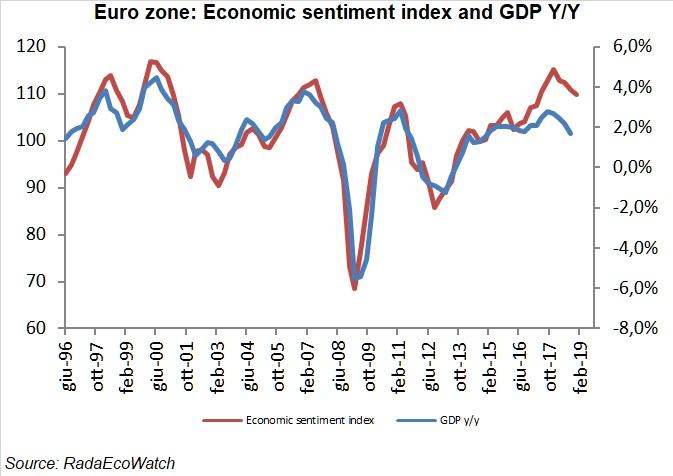The Euro's recent dip against other major currencies has financial experts warning of a potentially steeper decline on the horizon. This comes as key European elections loom, casting a shadow of uncertainty over the continent's economic and political landscape.
The Euro weakened by nearly 1. 5% against the US Dollar last week, its most significant one-week drop in over two months. Analysts attribute this decline primarily to anxieties surrounding upcoming national elections in France and Italy, two of the Eurozone's economic powerhouses.
"The upcoming elections in France and Italy are significant events that could potentially reshape the European political landscape, " said Michael Jones, a currency strategist at a prominent investment bank. "Any indication of a shift towards populism or Euroscepticism could lead to further depreciation of the Euro. "
Populist movements, which often advocate for protectionist economic policies and reduced integration within the European Union, have gained traction in recent years. A rise in such movements through these elections could lead investors to perceive the Eurozone as a less stable economic entity, prompting them to move their money elsewhere.
Beyond political anxieties, the ongoing war in Ukraine continues to cast a long shadow over the Eurozone's economic outlook. The conflict has disrupted supply chains, driven up energy prices, and heightened fears of a potential recession. This economic uncertainty further weakens the Euro's appeal as a safe-haven currency.
"The war in Ukraine has created a significant amount of economic headwinds for the Eurozone, " explained Dr. Sarah Lee, an economist specializing in European affairs. "The combination of this conflict with political uncertainty surrounding the upcoming elections is creating a perfect storm for the Euro. "
While the Euro's recent decline might seem like a blip on the radar, analysts warn it could be a harbinger of more significant drops to come. The next few months will be crucial, with the French presidential election in April and the Italian general election potentially happening as early as June. The outcome of these elections will significantly impact investor confidence and, consequently, the value of the Euro.
Central banks across the Eurozone are also facing a delicate balancing act. They are under pressure to raise interest rates to combat inflation, but such hikes could further dampen economic growth. This dilemma creates another layer of uncertainty that could weigh on the Euro.
Looking ahead, the Euro's trajectory will likely hinge on a combination of factors - the outcome of the upcoming elections, the evolution of the war in Ukraine, and the actions taken by central banks. While a short-term recovery is not out of the question, many analysts believe that the Euro's current weakness could be a sign of more substantial declines to come in the near future.

